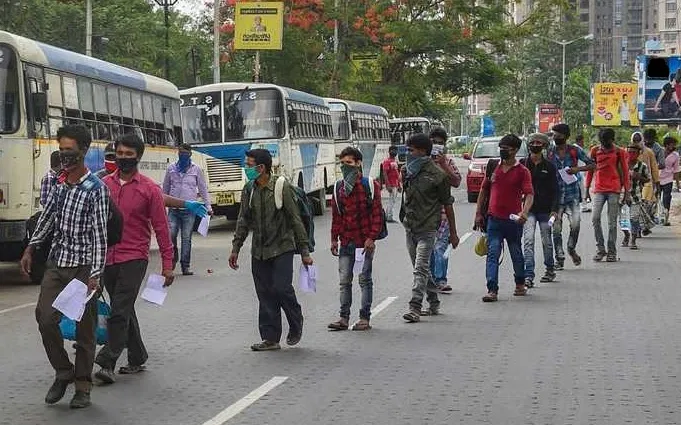
Pune's Industrial workforce
- By Nikhil and Rahul Benakatti --
- june 08, 2020
Informal Labour, Backward Migration, Pune
Background: Once quoted as India's motor city, Pune is a manufacturing hub and home to 72.76 lakh residents. Automobile, auto-ancillaries, construction and various MSME units employ a huge chunk of over 22 lakh migrant workers in the city. With lockdown in place, sales of automobile units have plummeted to zero and production in these units is at a standstill. The migrant labours left without employment and meagre savings have started a backward migration trend. So far nearly 1.08 lakh labours from Uttar Pradesh, Jharkhand, West Bengal, Odisha and Uttarakhand have registered to return to their home states.
Status of Migrant Labors: The tally of migrant labourers who have already left the city stands at 71,821; 54,531 travelled via Shramik special trains, out of these 9,368 migrants left on May 14th and around 10,000 left on May 15th. Furthermore, 17,290 migrants left for their hometowns in buses and four-wheelers. Taking into account for those who left in Mid-March before the lockdown began, an estimated 2,00,000 workers or one-tenth of the total migrant workforce has moved out. A little over 15,800 construction workers are present at over 95 sites in Pune, and the situation has been a bit rosy for them as contractors are providing them with food supplies and money for day to day expenses and essentials. Badri Alam Khan 23, a native of Jharkhand who is working as a fitter at the Kohinoor Sapphire site, said, "I could not go back to my village because of this lockdown, but it's okay. We get food from the builder, and the 'thekedaar' has given me Rs 1,000 per week for small expenses and essentials that I may need."
Jobs lost in the informal sector: A cumulative workforce of 25lakhs worked in Pune's informal sector before the lockdown including approximately 2 lakh auto drivers, 1.2 lakh taxi drivers, 2.18 lakh transportation workers, 52,526 street vendors, more than 2 lakh construction workers and around 2.4 lakh domestic workers. Most of these workers have little or no work, due to a slowdown in the automobile industry and the lockdown.
Policy response: With lakhs of workers in the city left stranded without a job and no income, there was a requirement of immediate response by the government to address the arising difficulties. The state government sprung into action and decided to pay a one time sum of Rs 2000 to registered construction workers through DBT (Direct Benefit Transfer) on April 18th; benefitting 1.2 million workers in the state. The state government has also assured an adequate supply of food grains to migrants under 'The National Food Security Act and Relief Act'; 'Shiv bhojan' at Rs 5 for next three months at shiv bhojan centres. On April 17th, the Housing Department notified that landlords/house owners should defer the rent collection by three months. No eviction shall be allowed due to non-payment of rent during this period. Further, the government constituted an 'Expert Committee' and a 'Cabinet Sub-Committee', to analyse the implications of COVID-19 on the economy of the state. The committees will also suggest measures to revive the economy of the state. With a massive chunk of migrants returning home, the industries in and around Pune staring at a severe shortage of labour in coming days. To tackle labour shortages and the effect of reverse migration, there is a need to find an urban employment program on par with MNREGA, to push towards a new and sustainable economy.
Data Sources:
http://www.pmrda.gov.in/background.html
https://www.sciencedirect.com/science/article/abs/pii/S0197397503000079
https://www.sakaltimes.com/pune/total-number-vehicles-pune-dist-reaches-617l-34002
https://en.wikipedia.org/wiki/COVID-19_pandemic_in_Pune#Government_response
https://www.maharashtra.gov.in/Site/Upload/Government%20Resolutions/English/202004171226383905.pdf


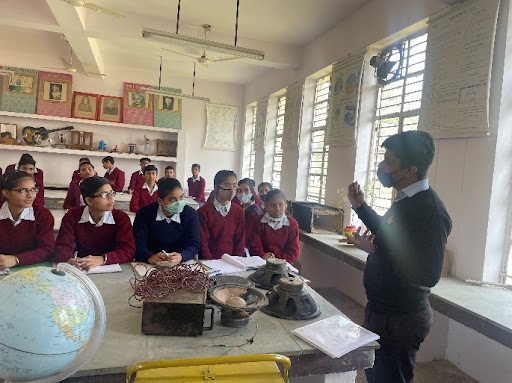
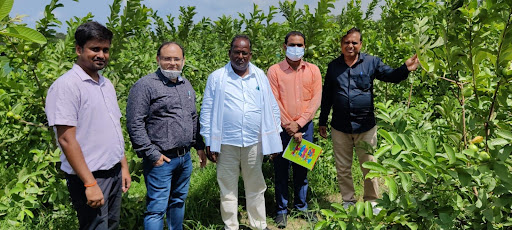

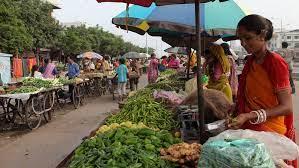
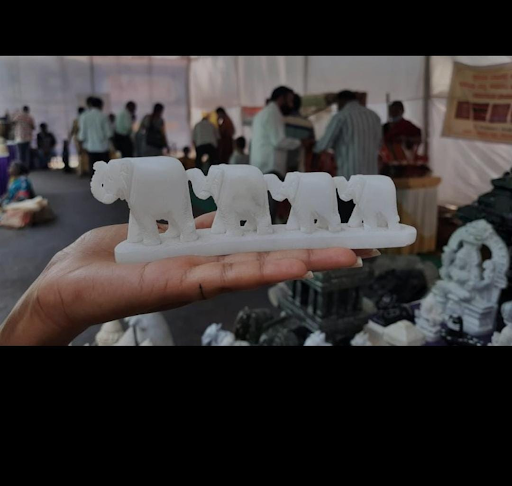
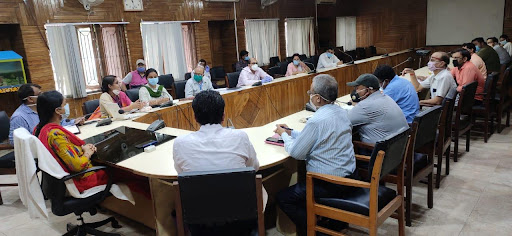

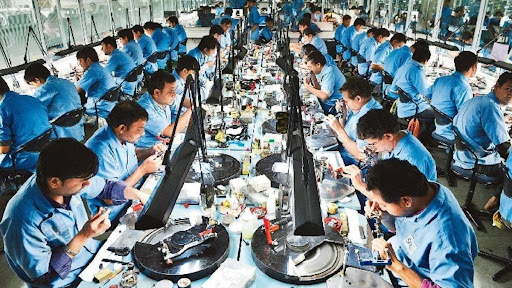

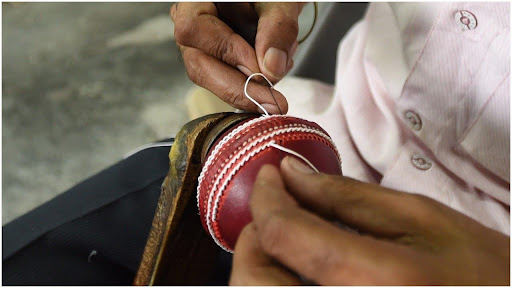
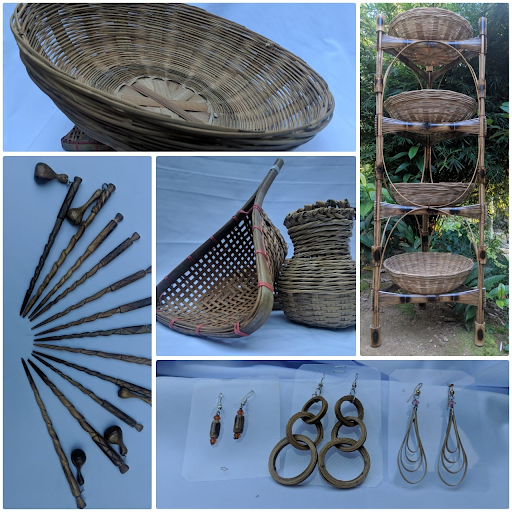
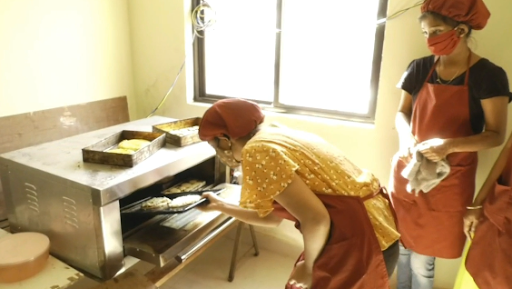
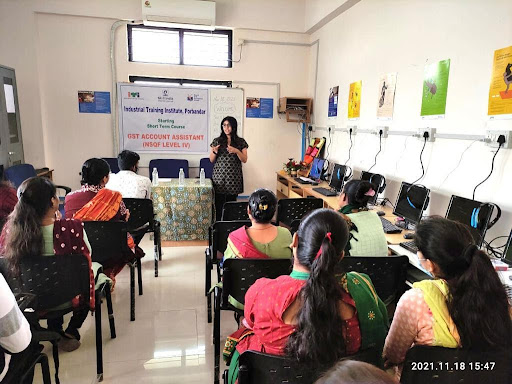
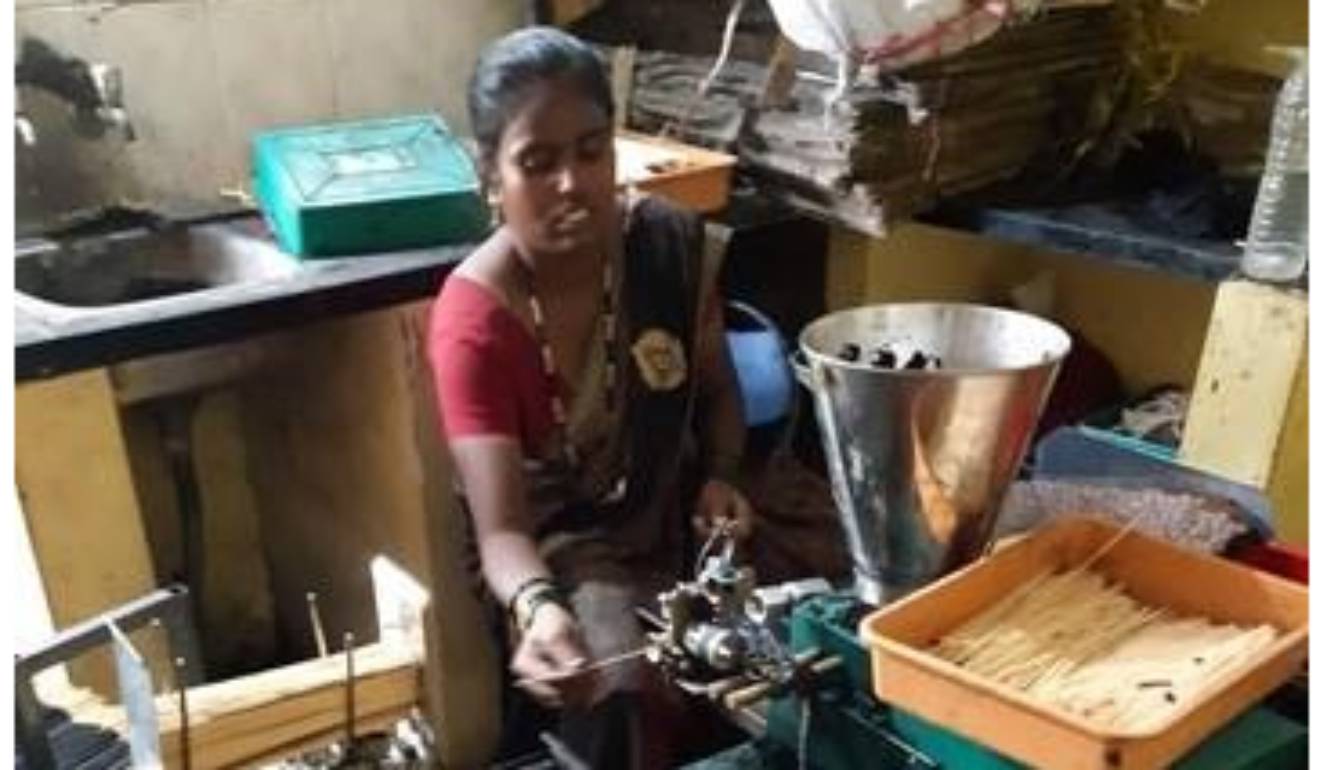
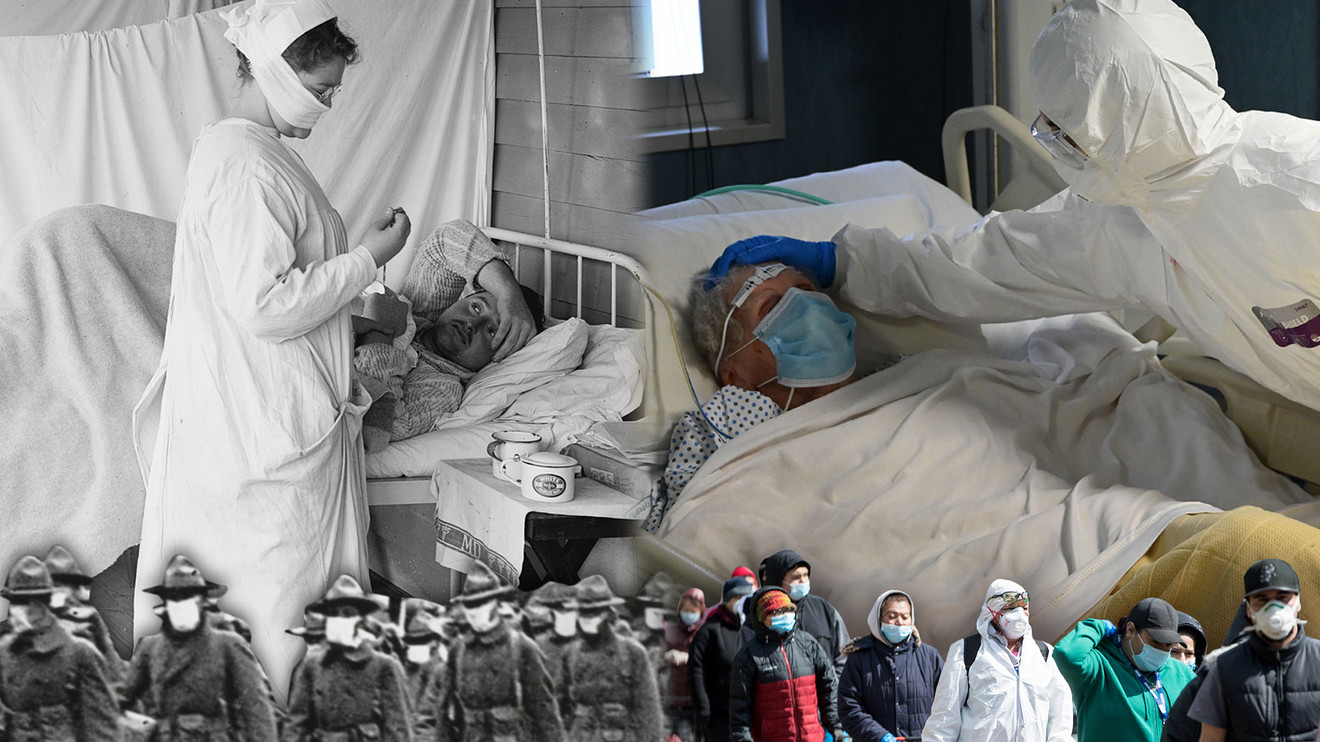


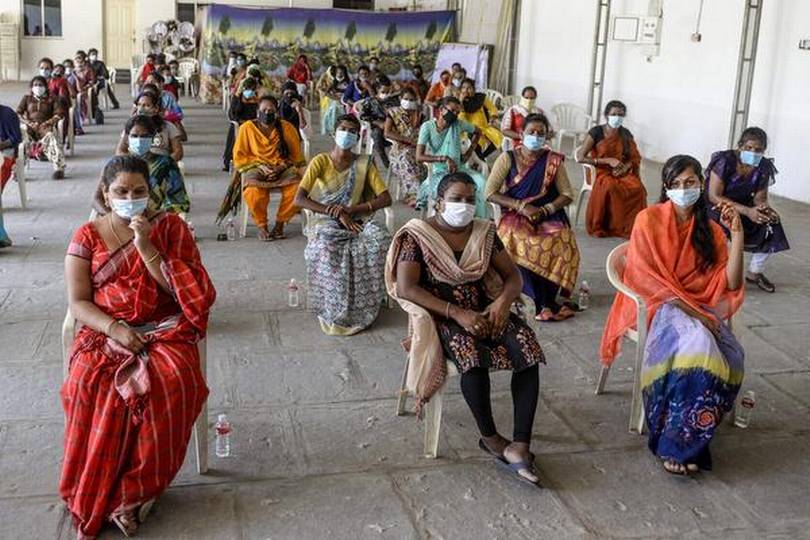
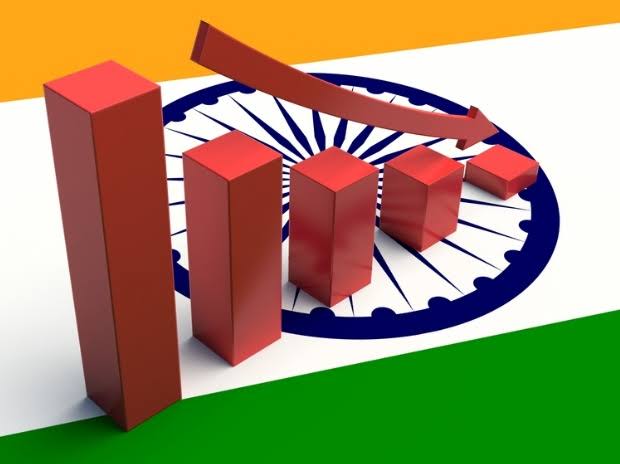







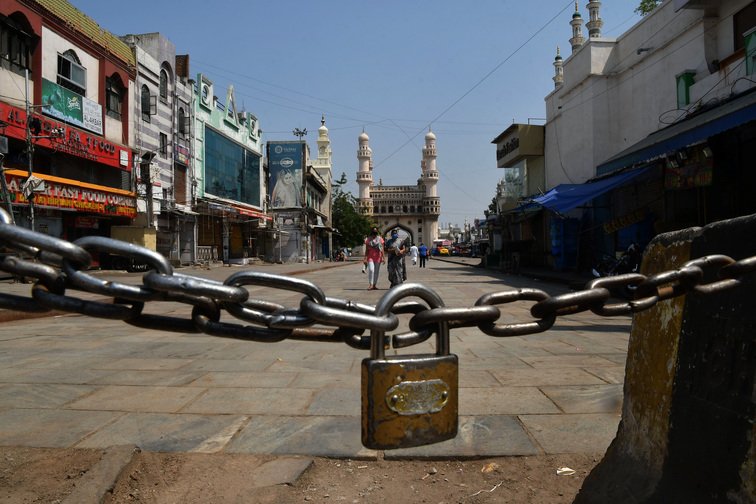



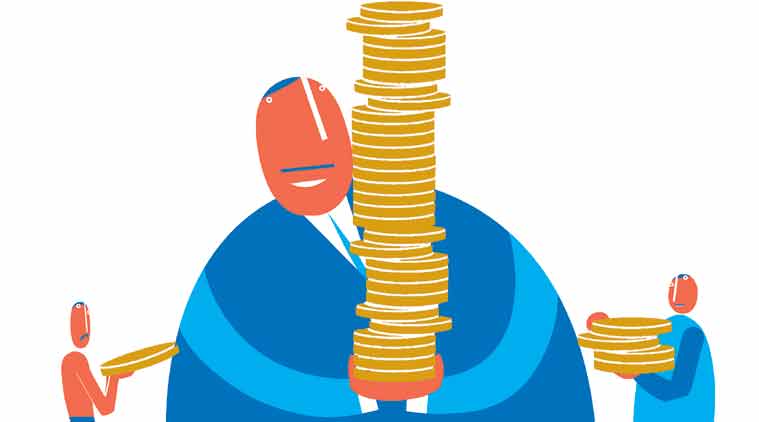
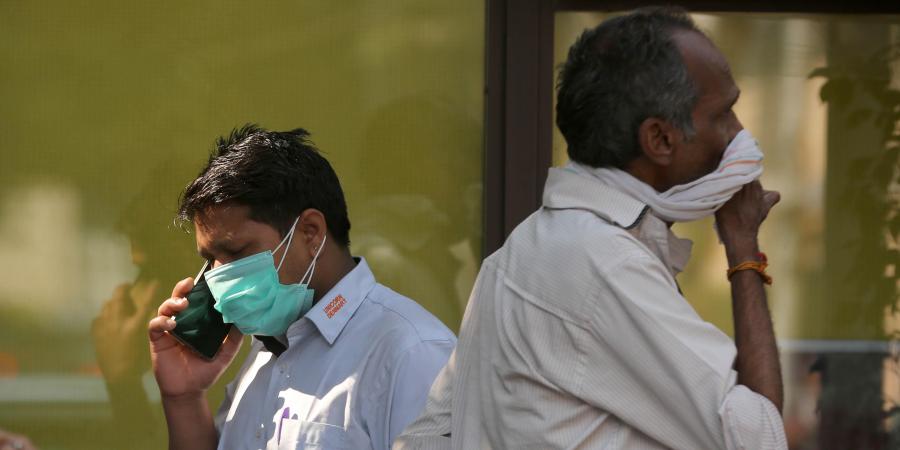
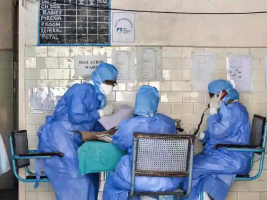
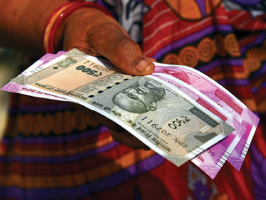
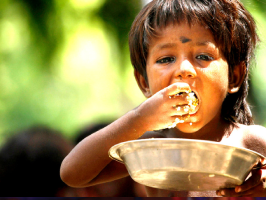
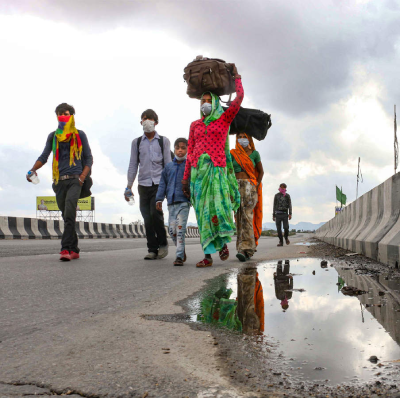

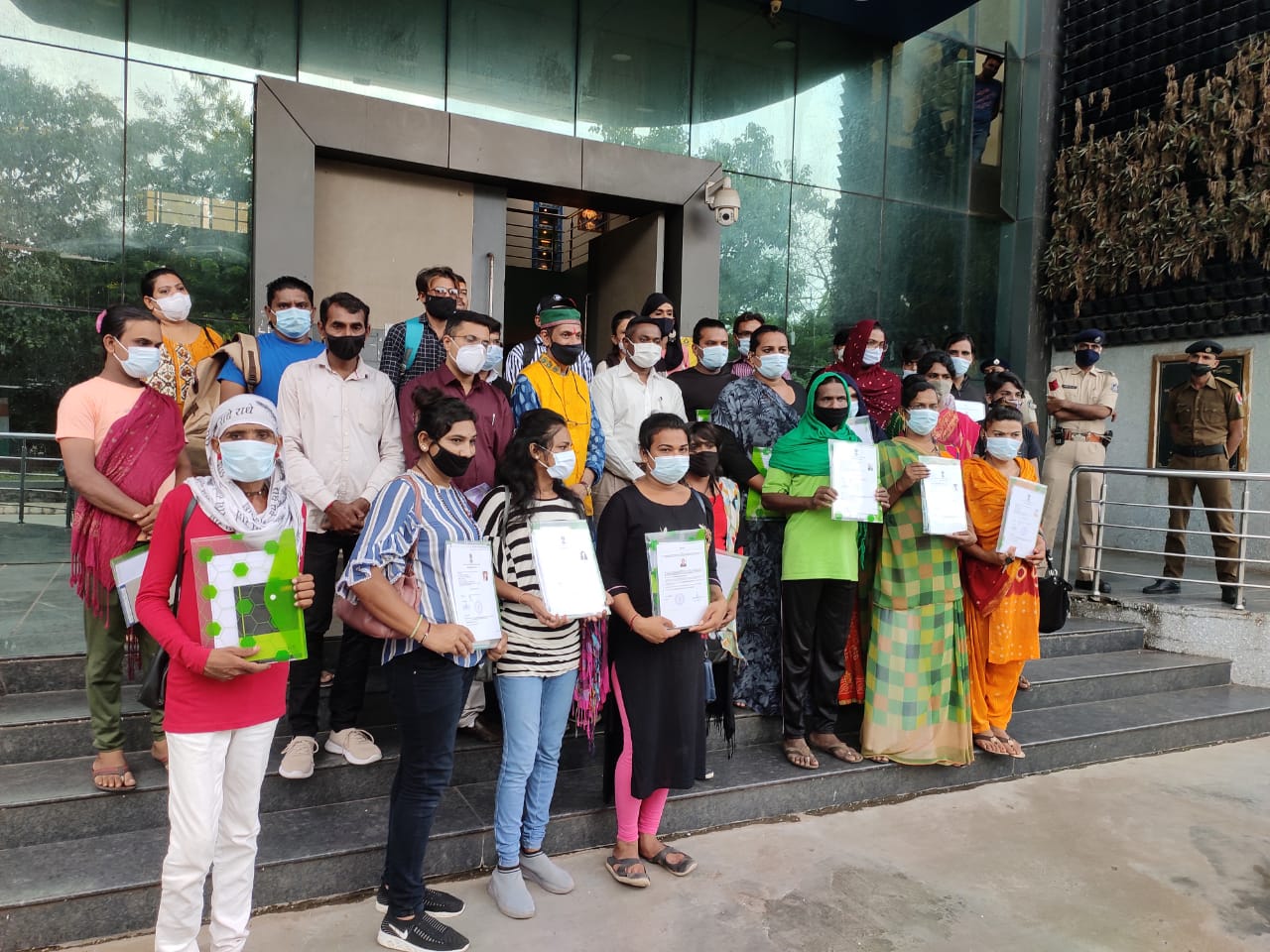
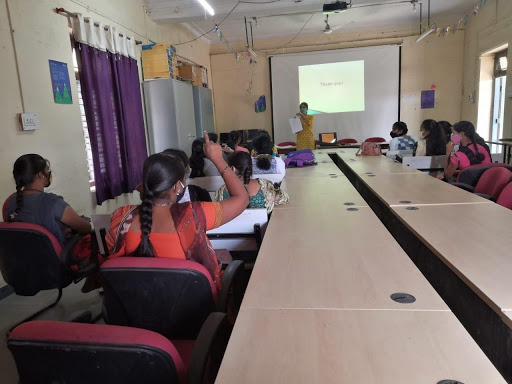


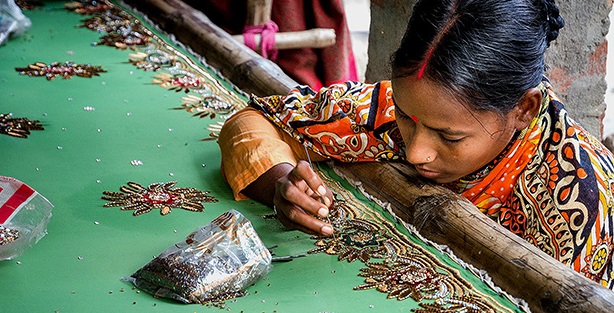
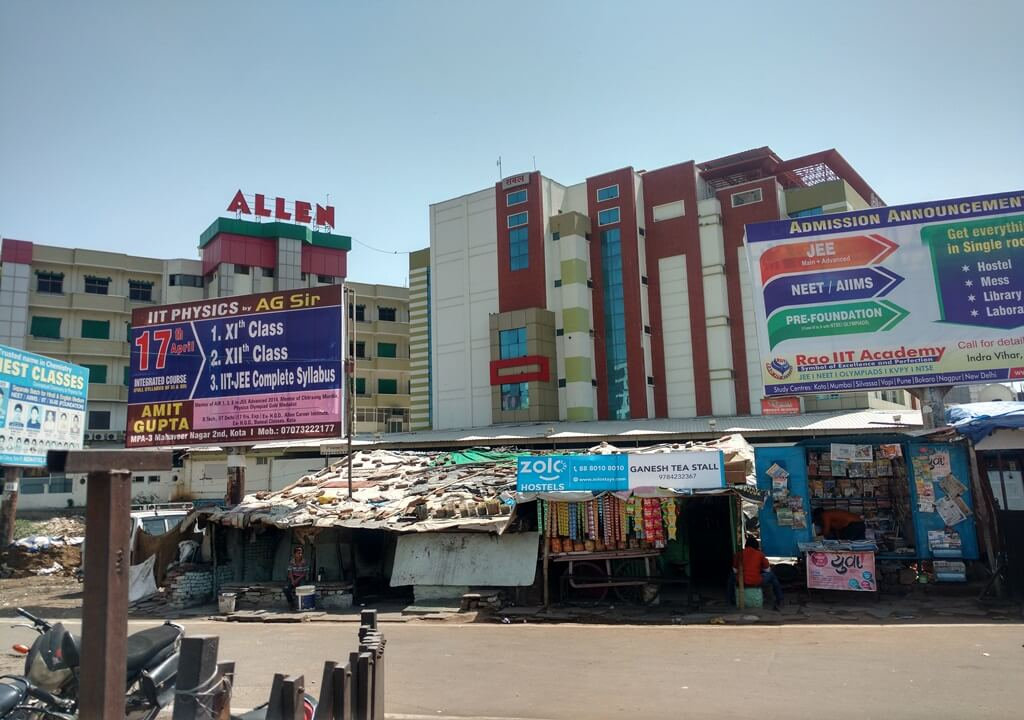
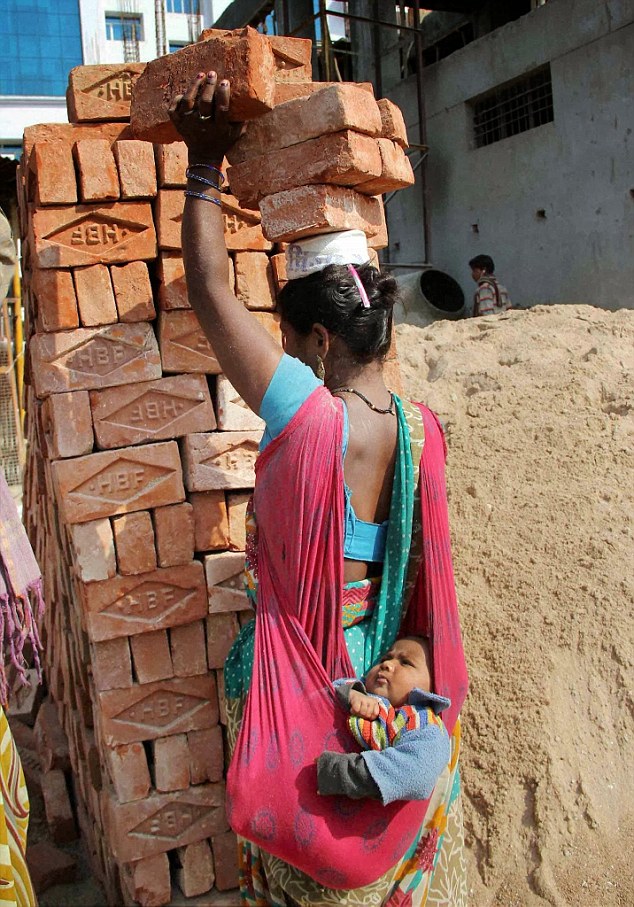

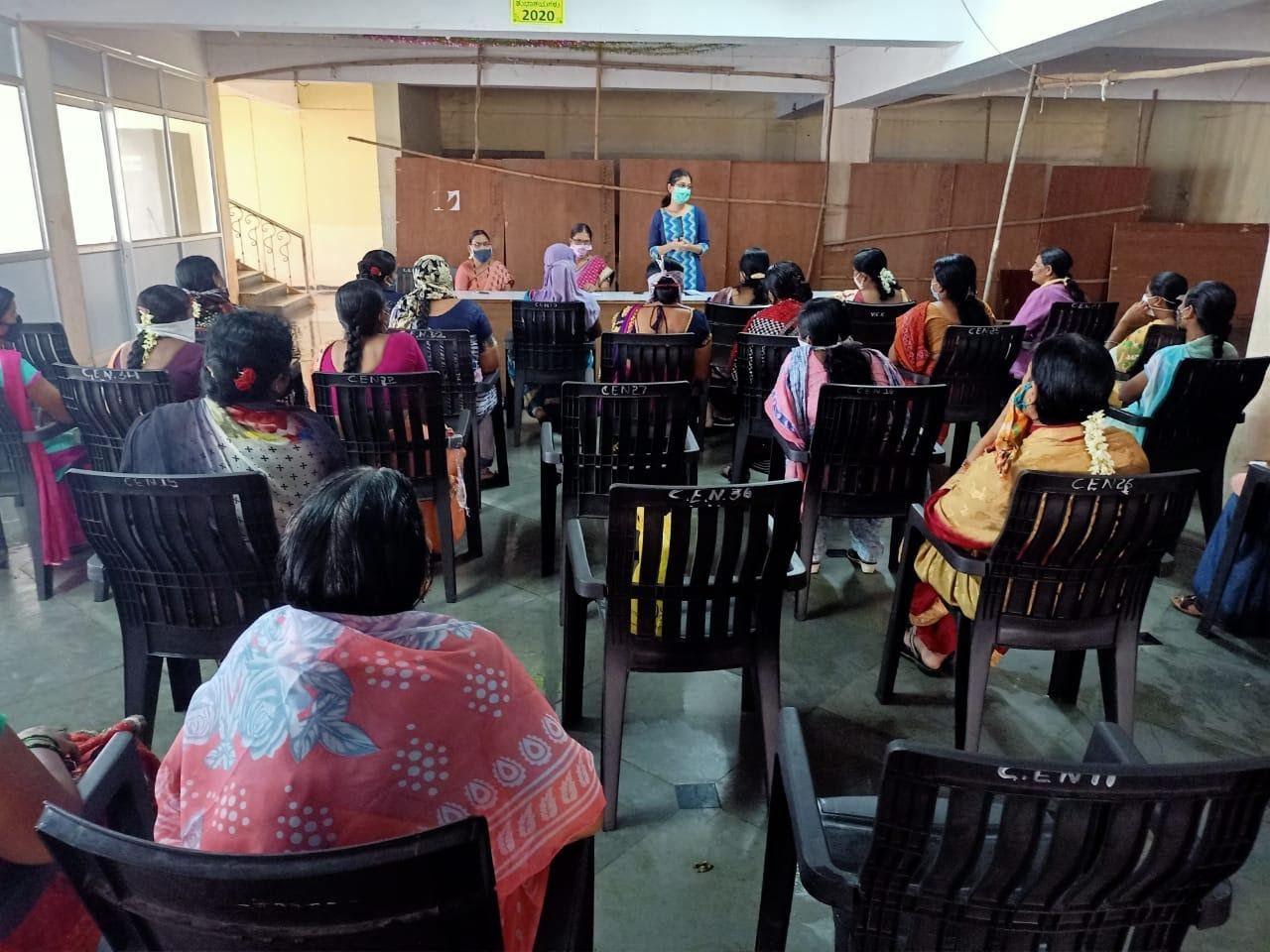
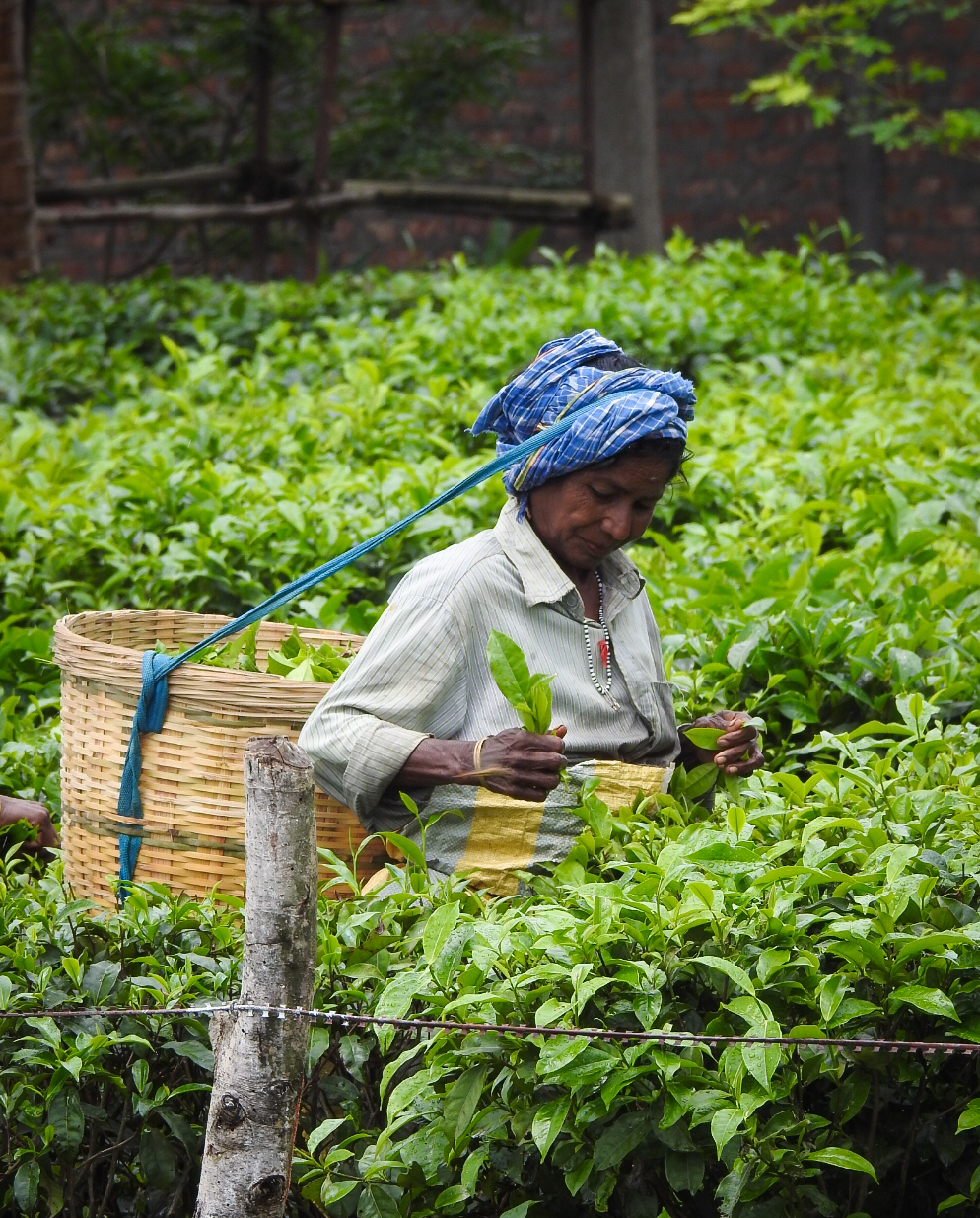



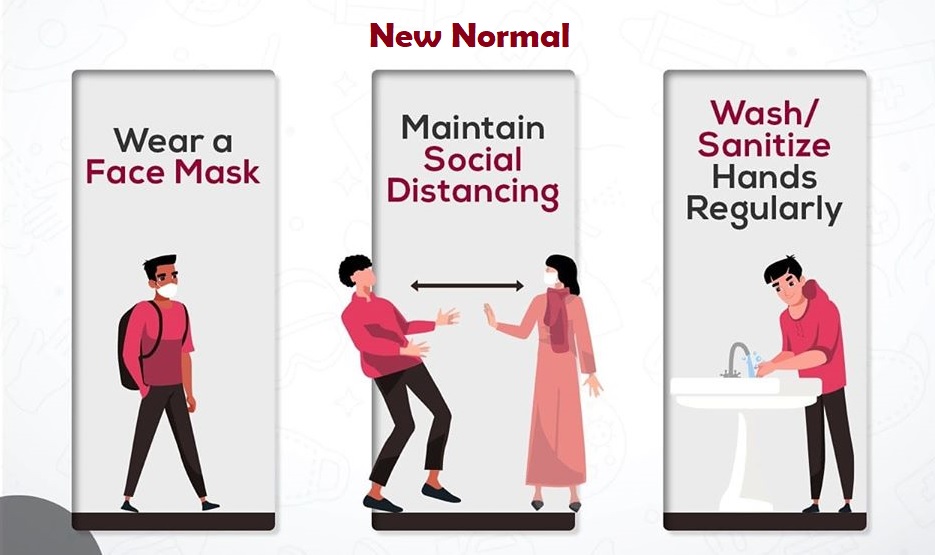
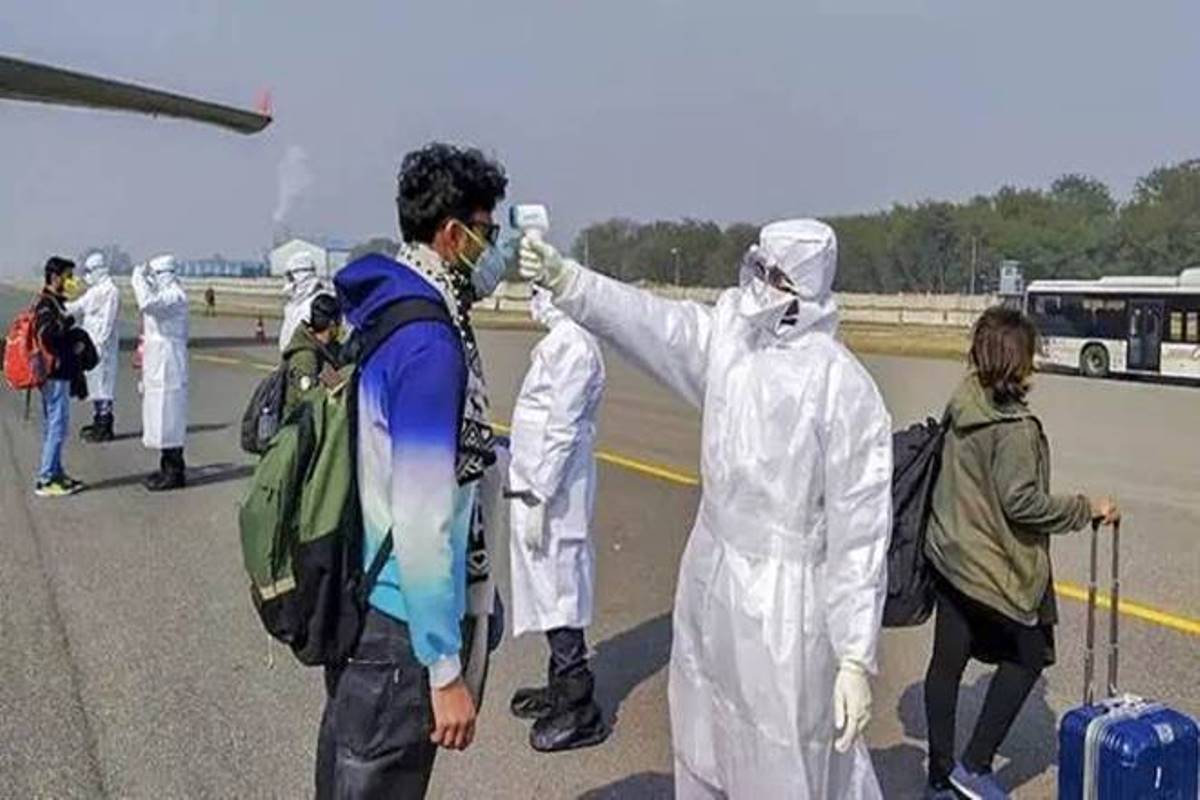

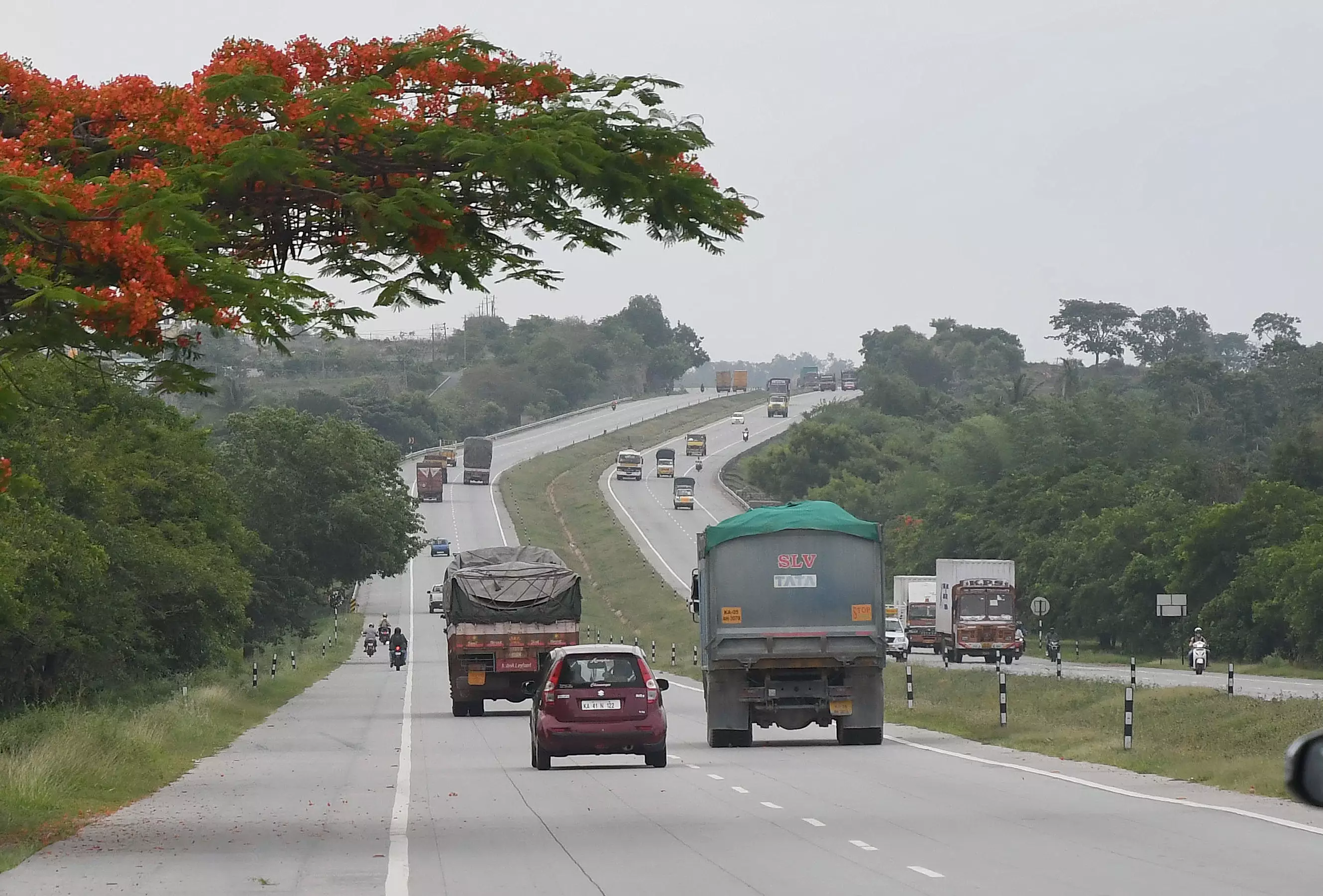
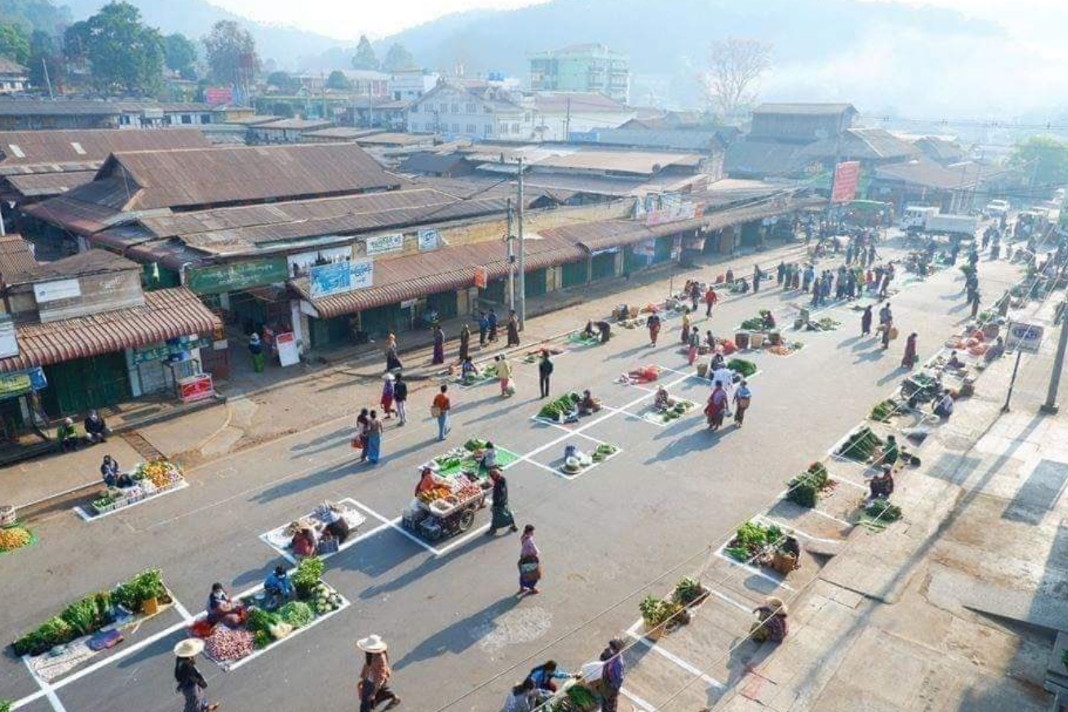
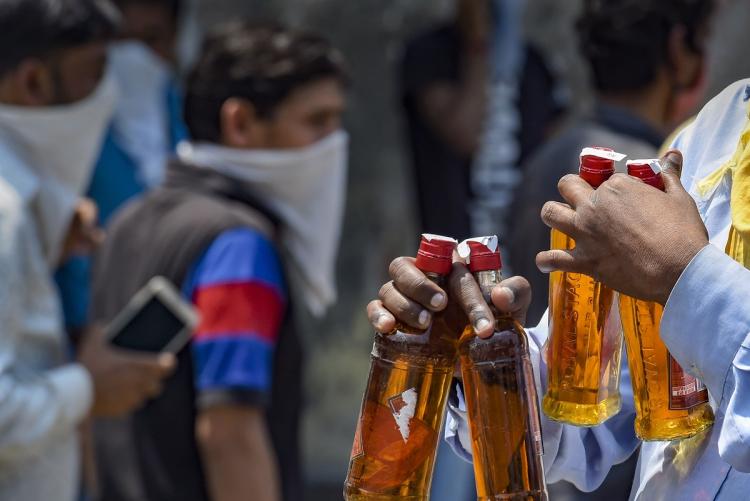
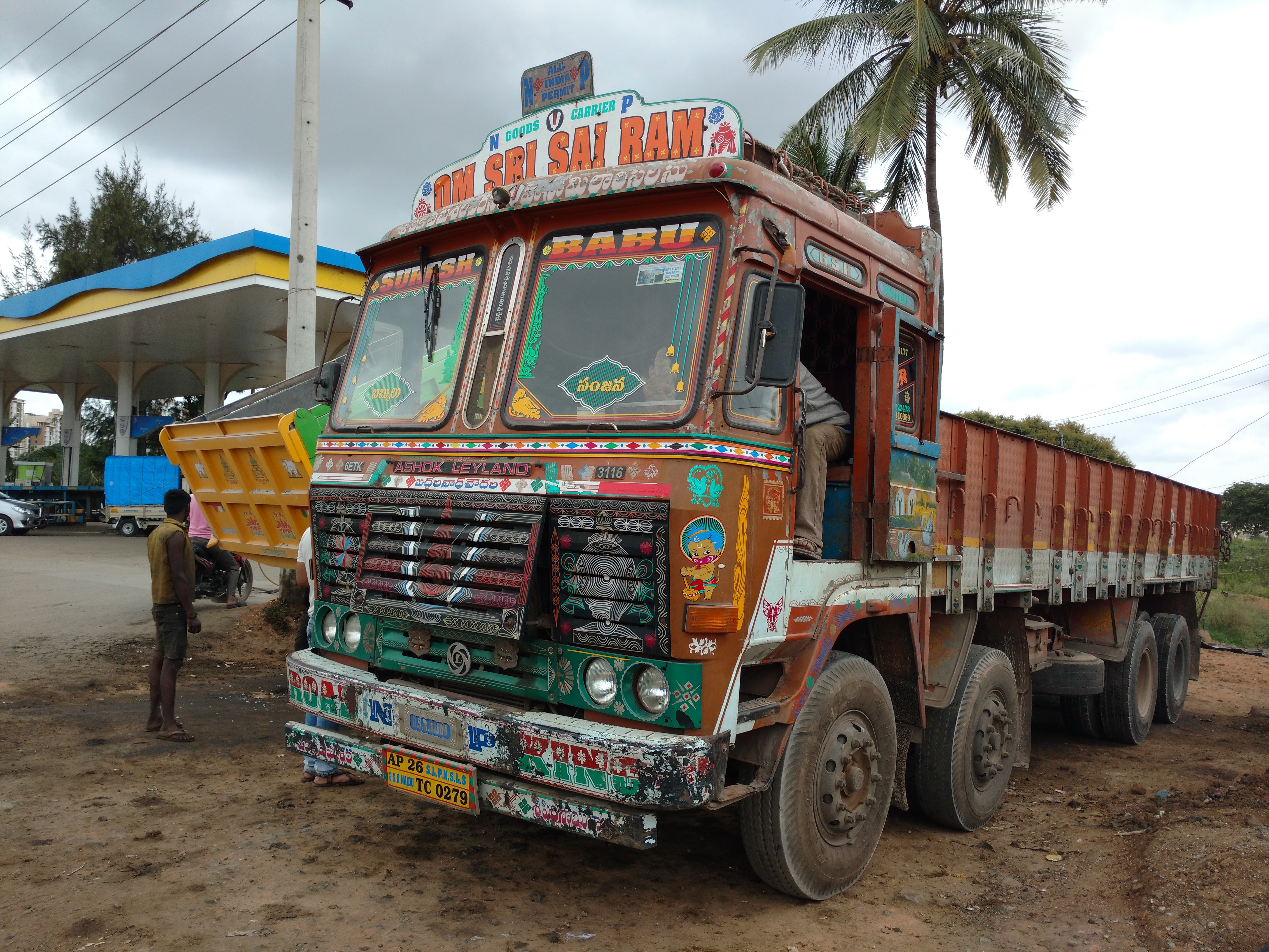

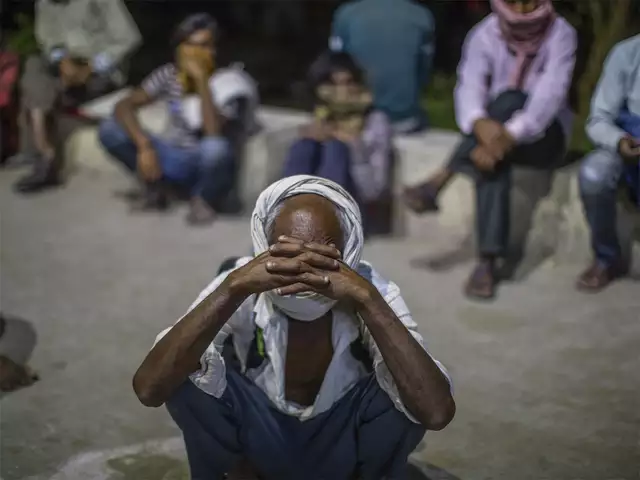


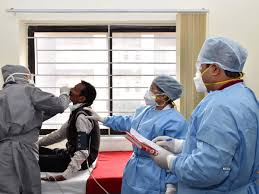

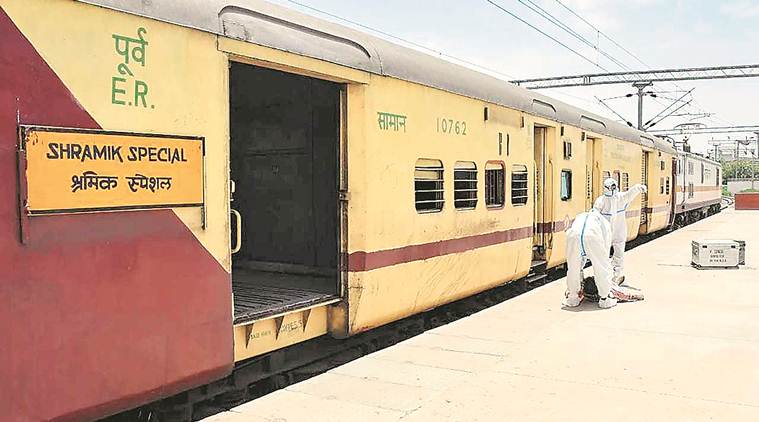

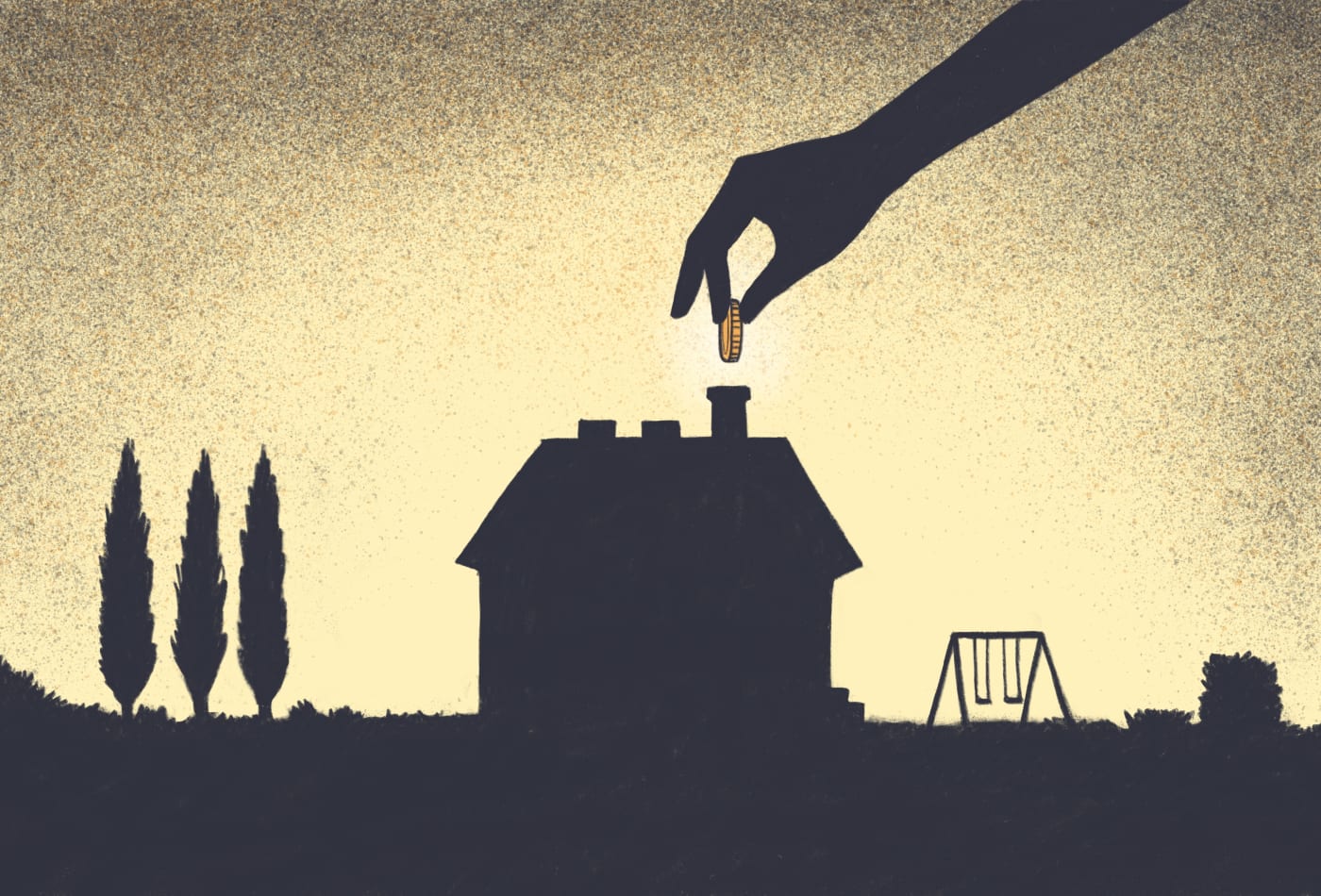

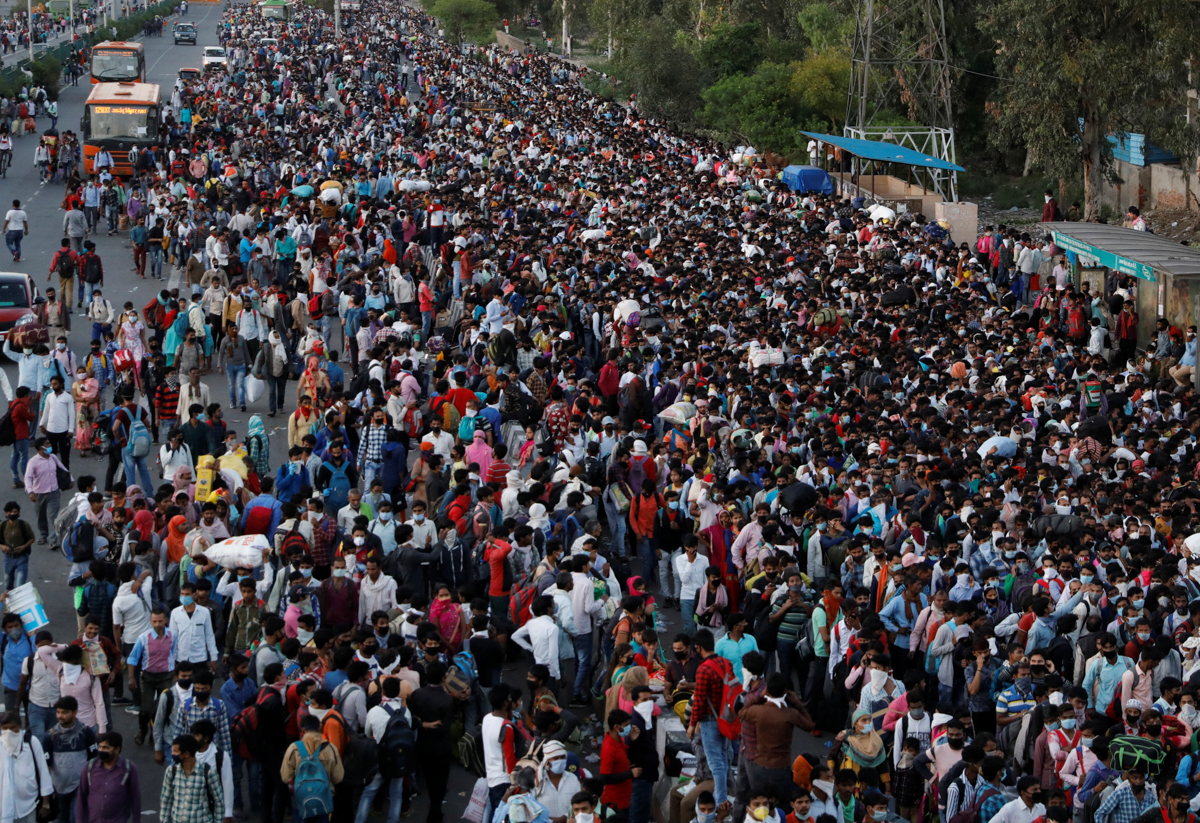
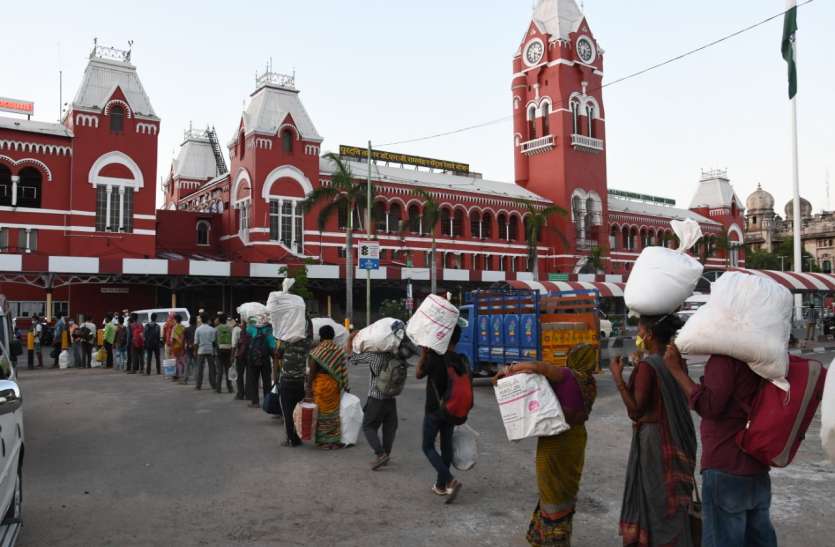
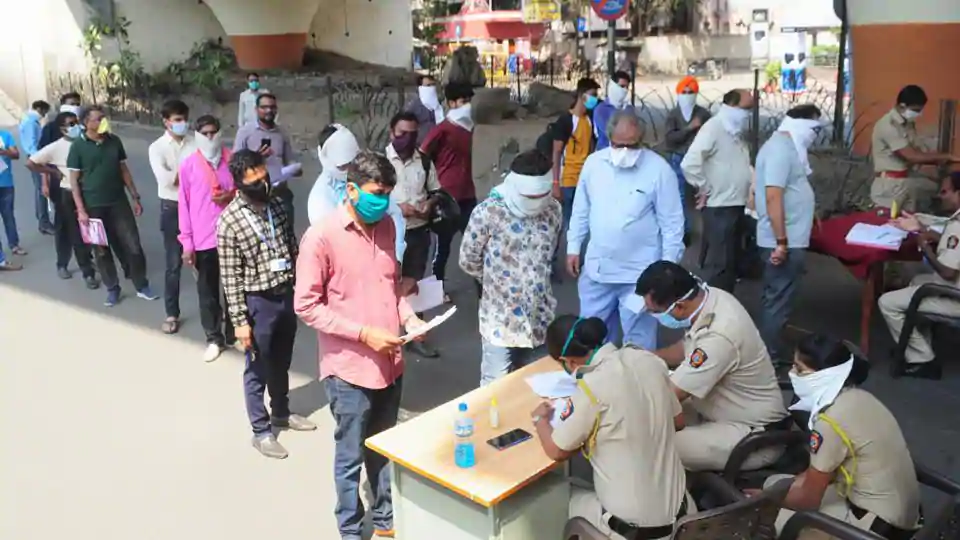
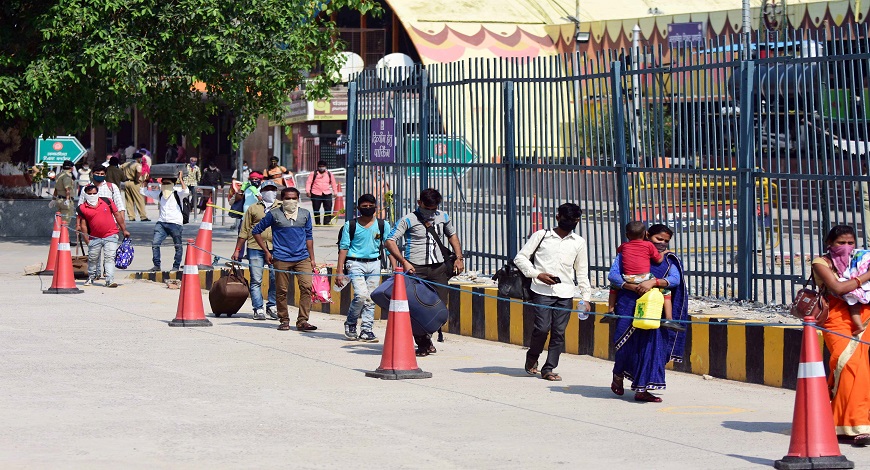
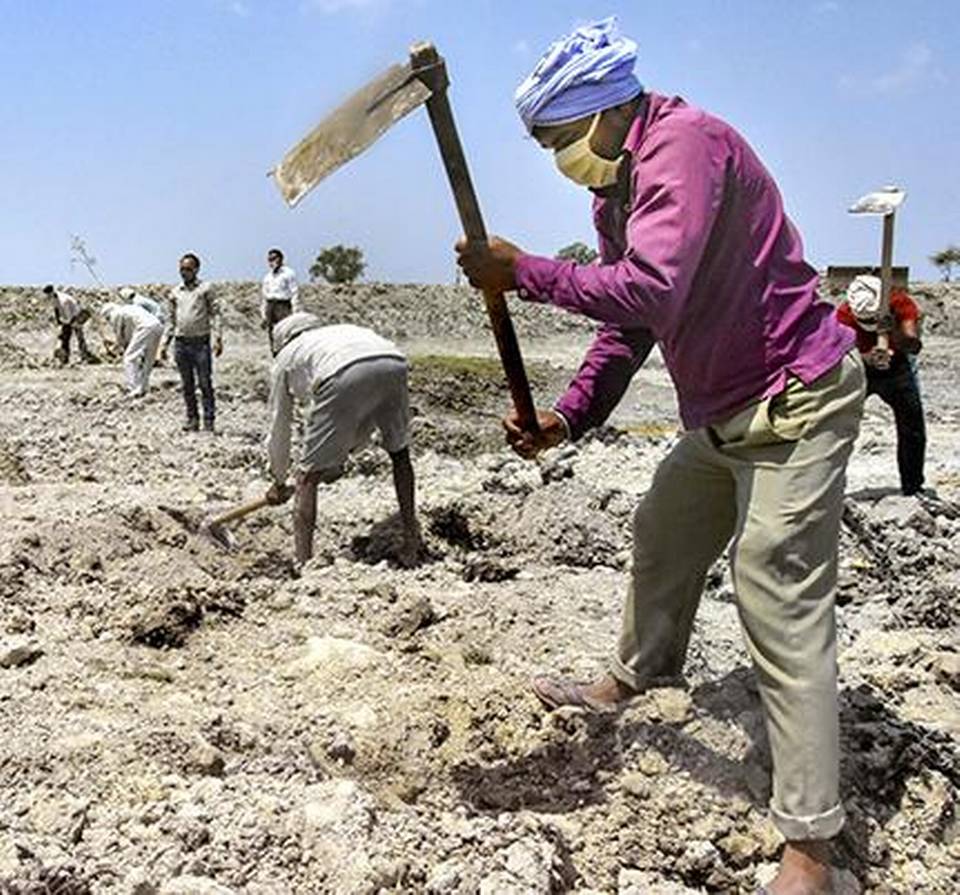
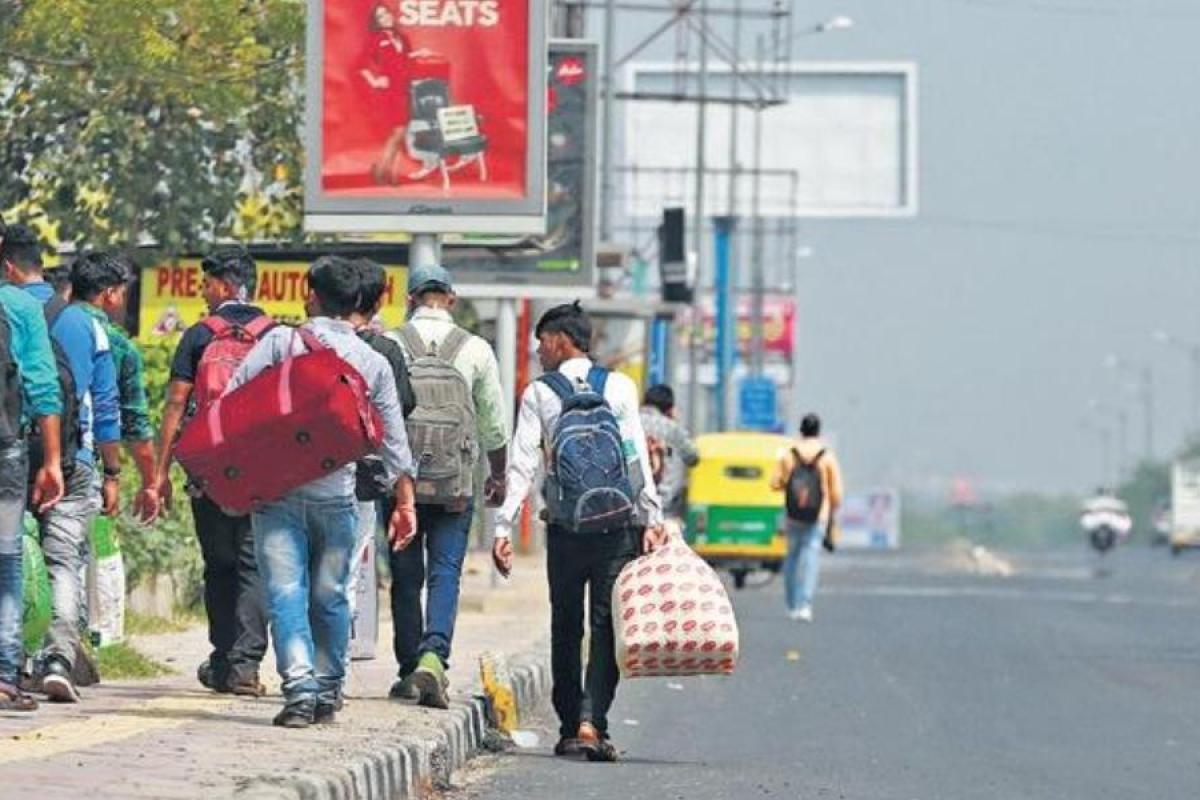
Rahul Benakatti
Nikhil